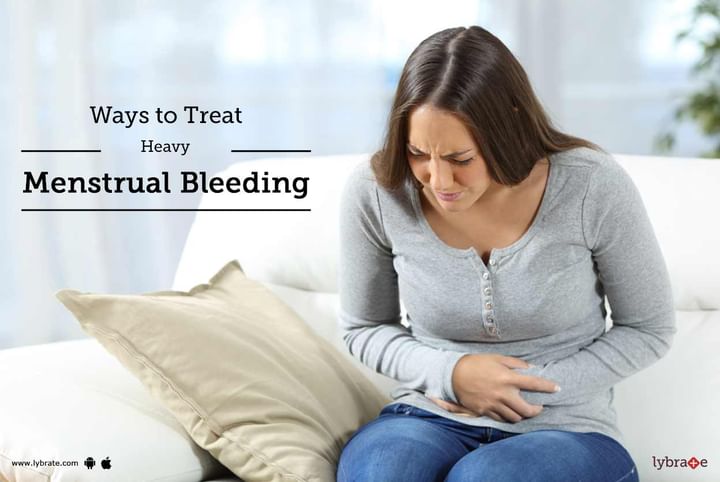Get the App
For Doctors
Login/Sign-up
Last Updated: Jan 10, 2023
BookMark
Report
Ways to Treat Heavy Menstrual Bleeding
Every woman has a unique system, especially when it comes to matters like menstrual cycles and pregnancy. There are some women who go through normal bleeding while for others, it may be less than ideal. Also, there are women who may experience a condition known as Menorrhagia which is characterised by excessively heavy bleeding during menstrual cycles. Cramping and bleeding for longer than a week are the most common symptoms of this condition. Here are ways to treat this condition.
- Basis of Treatment: The main cause will dictate the basis of treatment for this condition. Your overall medical history and state of health will be taken into account along with the future of your childbearing plans. The gynaecologist will also study the effect of this condition on your lifestyle and examine your tolerance towards certain supplements and medicines.
- Medication: The doctor may prescribe iron supplements in case of anaemia due to the condition. Further, non-steroid anti-inflammatory drugs like naproxen and ibuprofen may be prescribed too. Oral contraceptives and progesterone are also helpful in such cases while Tranexamic acid can reduce the excessive blood loss. The doctor may also insert an intrauterine device to release levonorgestrel to make the uterine lining thin.
- Dilation and Curettage: The doctor will dilate or open up your cervix in this procedure to suction away tissue from the uterine lining. One may need additional sessions if the condition recurs.
- Focused Ultrasound Ablation: This procedure aims at treating the excessive bleeding by shrinking the fibroids that may be causing the same. This is also similar to a procedure known as uterine artery embolisation which blocks the uterine arteries in order to shrink these fibroids.
- Myomectomy: In this procedure, the doctor will surgically extract those fibroids which are causing the excessive bleeding during menstrual cycles. The procedure is conducted either through laparoscopy or incisions in the vagina and cervix, depending on the size, location and number of fibroids.
- Endometrial Ablation: Using this procedure, the doctor will permanently do away with the lining of the uterus, which is also known as the endometrium. This will be done by inserting an electrosurgical wire loop to remove the lining. Pregnancy is usually not recommended after this surgery.
- Hysterectomy: This is a surgical procedure that is recommended for very severe cases. In this procedure, the doctor will surgically remove the uterus as well as the cervix. This is a permanent procedure that will put an end to the menstrual periods altogether. The procedure will be conducted by administering anaesthesia first, and will require hospitalisation as well. The doctor may also remove the ovaries of the patient with this procedure for premature menopause. If you wish to discuss any specific problem, you can consult a gynaecologist.



+1.svg)
